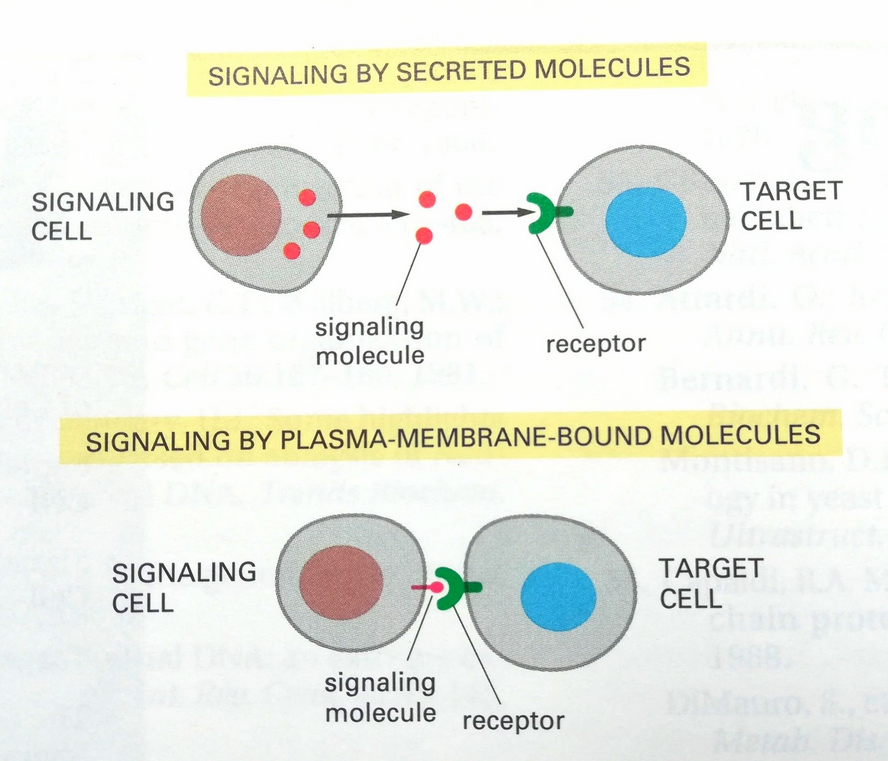The other day I went through some old text books from my time at university. I started browsing through an old classic: Bruce Albert’s Molecular Biology of the Cell. I found quite a few old marks by myself scattered on some pages that dealt with one of my favorite topics: #signaltransduction. How is it that cells are able to communicate with one another? How is information passed on?
Being in the field I am in now, I started reading some texts with a somewhat different perspective on the words and I had to laugh:
”The fossil record suggests that sophisticated unicellular organisms resembling present-day bacteria were present on earth 3.5 billion years ago but that it apparently required more than another 2.5 billion years for the first multicellular organisms to appear. Why was multicellularity so slow to evolve? Although the answer cannot be known, it seems likely to be related to the need in a multicellular organism for elaborate signaling mechanisms that enable its cells to communicate with one another so as to coordinate their behavior for the benefit of the organism as a whole.“
Seemingly, establishing some sort of #communication has always been a challenge.
”Intercellular signals, interpreted by complex machinery in the responding cell, allow each cell to determine its position and specialized role in the body and ensure, for example, that each cell divides only when its neighbors dictate that it should do so. The importance of such ’social controls’ on cell division becomes apparent when the controls fail, resulting in cancer, which usually kills the multicellular organism.“
So, knowing who you are and what to do depends a lot on knowing your context and listening to your surroundings.
”Regardless of the nature of the signal, the target cell responds by means of a specific protein called a receptor. It specifically binds the signaling molecule and then initiates a response in the target cell.“
And usually, the reaction will be a standard one – just like when we experience ourselves being triggered by something and our #reaction is faster than any possible #reflection on it.
”Many of the extracellular signaling molecules act at very low concentrations, and the receptors that recognize them usually bind them with high affinity. When they bind an extracellular signaling molecule, they become activated so as to generate a cascade of intracellular signals that alter the behavior of the cell.“
No matter how light the external impulse was, if we are really sensitive to something, we will explode right away — unless we un-learned and re-learned …
I felt very amused (and reassured) to see that 28 years later I am still engaged in understanding how communication works between multicellular organisms and what favourable conditions are for #understanding and for #development. 😂
Signaltransduction

